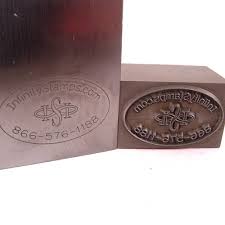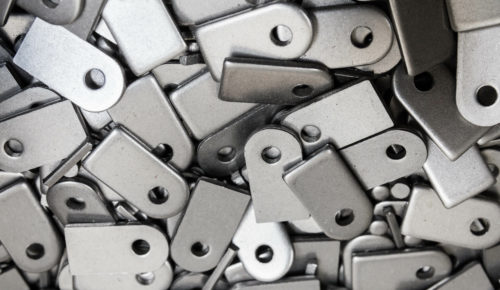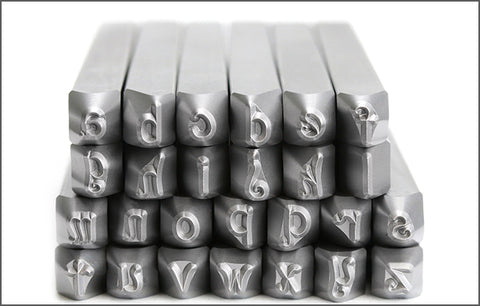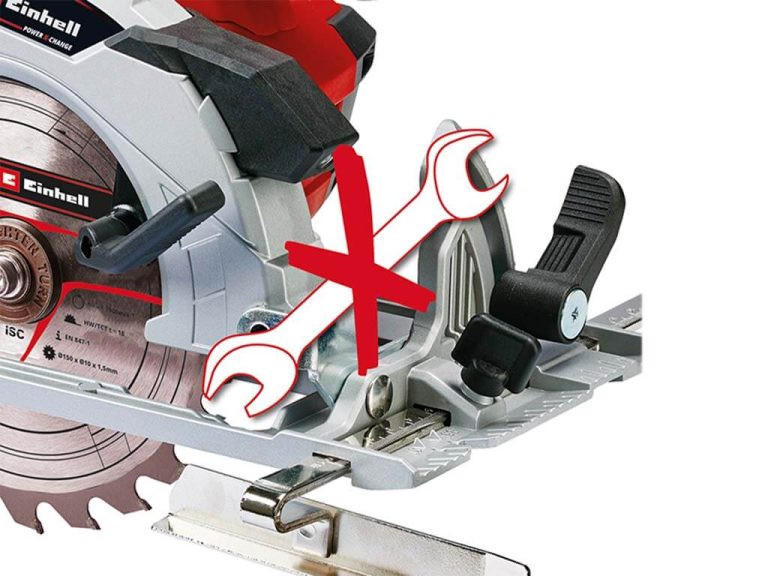Maximizing Efficiency with Wrenches: A Complete Overview
Wrenches, the silent achievers of toolkits, often remain unnoticed until the moment they’re needed. These versatile instruments exist in diverse shapes and sizes, serving multiple purposes across various industries. From routine household repairs to intricate machinery in manufacturing, the wrench stands as a vital asset, ensuring accuracy and effectiveness.



What are the various types of wrenches and their specific applications?
Wrenches encompass a wide range of types, each tailored for specific tasks. Spanner wrenches, for instance, efficiently handle nuts and bolts with their adjustable or open-ended designs. Meanwhile, socket wrenches offer versatility with their range of socket sizes to fit different fasteners. Additionally, pipe wrenches excel at gripping rounded surfaces like pipes due to their serrated jaws. These types cater to diverse applications, spanning automotive repairs, plumbing, and construction.
How crucial is selecting the right wrench for a particular job?
The right wrench significantly influences a task’s efficiency and safety. An ill-fitting wrench can cause damage to fasteners or surfaces, leading to expensive repairs or replacements. Choosing the suitable type and size ensures a firm grip on fasteners, reducing the risk of slippage and potential injuries. In industries like geocomposite manufacturing, specialized wrenches are imperative for safely fastening geocomposite materials without causing any harm.
What are some key considerations when using wrenches?
Safety remains paramount in wrench usage. Ensuring the tool fits correctly, applying force in the right direction, and using an appropriate size to avoid stripping or rounding off bolts are critical factors. Regular maintenance, such as cleaning and lubricating, extends the lifespan of wrenches and sustains their efficiency.
How are wrenches integrated into applications involving geocomposites?
Geocomposites, extensively used in civil engineering for purposes like soil stabilization or environmental protection, often demand specific fastening mechanisms for secure installation. Wrenches play a crucial role in ensuring the firm fastening of these geocomposite materials, ensuring structural integrity and durability in applications such as retaining walls, drainage systems, or erosion control.

Applications and Geocomposite Relevance:
Wrenches play a pivotal role in industries working with geocomposite materials. From anchoring geotextiles to securing geogrids, these tools are indispensable for the proper installation and maintenance of geocomposite structures. The precise application of torque by wrenches is fundamental for the stability of these materials, protecting infrastructural projects from potential failures.
To conclude, wrenches, though seemingly uncomplicated, are indispensable tools across various industries. Their role in ensuring task efficiency and safety, particularly in geocomposite applications, cannot be emphasized enough. Choosing the right wrench and using it accurately not only enhances efficiency but also significantly contributes to the longevity and reliability of diverse projects.



